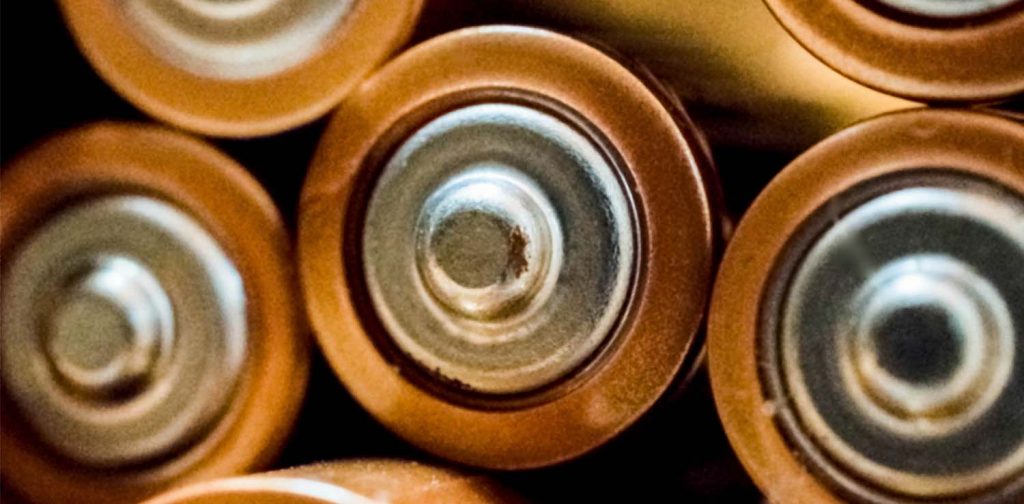Australia Launches A National Battery Recycling Scheme

Photo by Hilary Halliwell on Pexels
Battery as the power source for many technological appliances has undoubtedly made our lives more practical. However, it is important to properly manage battery waste due to its dangerous environmental impact.
Why do we need to recycle batteries?
Recycling is one of the most important steps in achieving sustainability. Recycling batteries come with reasons and benefits:
- With the increasing demand for batteries to power up electric vehicles and appliances, reusing materials from old batteries means less mining of virgin natural resources.
- Recycling batteries means preventing them from leaking toxic substances to soil and water and minimizing potential fire hazards.
- As 95% of battery materials can be recycled into new batteries, this scheme has the potential to open a new industry on recycled batteries.
Recycling initiatives have been surfacing across the globe. As the leading producer of lithium-ion batteries, Australia has joined the movement by launching a national battery recycling stewardship scheme called B-cycle on February 15, 2022.
What is B-cycle?
There are about 150 million batteries used in Australia. However, only 1 in 10 batteries are recycled. As a nationwide scheme, B-cycle is launched to make recycling batteries more accessible.
“B-cycle is not actually a recycling service in a traditional sense. It is a network for over 100 organizations across Australia and independently accredited by the Battery Stewardship Council,” said Libby Chaplin, the CEO of B-cycle Libby Chaplin, in a radio interview.
B-cycle has received funding and support from the Australian government and industry. This network brings together the government, manufacturers and importers, retailers, and regular Australian citizens to do their part in this stewardship scheme.
For example, battery importers are asked to contribute 2 cents per 24 grams of product that they sell, also called levy cost. The economic value of this voluntary scheme will be evaluated in the following months.
How do we B-cycle old batteries?
The steps for B-cycling are pretty simple:
- Tape the terminals of batteries to prevent the risk of fire. In this early stage, B-cycle is accepting small alkaline and lithium batteries that power remote controls and household appliances.
- Put the taped batteries in a glass container and keep them out of reach of children.
- Drop the batteries at the nearest B-cycle Drop Off Point, which can be found easily by entering the suburb name or postal code on the website. B-cycle has sealed partnership deals with big retailers across the country to put the Drop Off boxes at their markets.
The World Bank predicts that the demand for batteries will increase by 500% in 2050. A national recycling scheme like B-cycle can be a way to make recycling batteries simpler, safer, and more accessible for citizens.
Editor: Nazalea Kusuma

Co-create positive impact for people and the planet.
Amidst today’s increasingly complex global challenges, equipping yourself, team, and communities with interdisciplinary and cross-sectoral insights on sustainability-related issues and sustainable development is no longer optional — it is a strategic necessity to stay ahead and stay relevant.

Kresentia Madina
Madina is the Assistant Manager of Stakeholder Engagement at Green Network Asia. She holds a bachelor’s degree in English Studies from Universitas Indonesia. As part of the GNA In-House Team, she supports the organization's multi-stakeholder engagement across international organizations, governments, businesses, civil society, and grassroots communities through digital publications, events, capacity building, and research.


 Indian Gig Workers Push Back Against 10-Minute Delivery Service Strain
Indian Gig Workers Push Back Against 10-Minute Delivery Service Strain  Call for Governance: Grassroots Initiatives Look to Scale Efforts to Conserve Depleting Groundwater
Call for Governance: Grassroots Initiatives Look to Scale Efforts to Conserve Depleting Groundwater  Integrating Environment, Climate Change, and Sustainability Issues into Education Systems
Integrating Environment, Climate Change, and Sustainability Issues into Education Systems  Finally Enforced: Understanding the UN High Seas Treaty
Finally Enforced: Understanding the UN High Seas Treaty  Risks and Opportunities of Submarine Communication Cables for Sustainable Development
Risks and Opportunities of Submarine Communication Cables for Sustainable Development  Rising Attacks and Violence Against Land and Environmental Defenders
Rising Attacks and Violence Against Land and Environmental Defenders